GOTS Project:
GOTS and European Space Agency Collaborate for Integrity in Organic Cotton
Revolutionising Organic Cotton: A Game-Changing Collaboration
In 2022, GOTS embarked on an innovative collaboration poised to redefine the organic cotton industry. This groundbreaking project is a joint effort between GOTS, the European Space Agency (ESA), and Marple GmbH, a German software development firm. Marple had previously conducted a feasibility project, Cotton Cultivation Remote Assessment (CoCuRA), in Uzbekistan which demonstrated the potential of remote satellite monitoring to accurately distinguish cotton fields and, notably, to determine whether these fields were managed organically. That project piqued GOTS's interest, aligning with their mission to advance cutting-edge technologies that enhance the integrity of the organic textile sector.
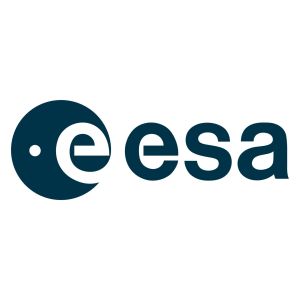
Project Goals
The primary objective of this collaborative project is to train artificial intelligence (AI) to use satellite data for the remote detection of cotton fields while classifying them according to their cultivation standard. This includes identifying whether cotton fields are organic, in-conversion, natural (low-input), hybrid (high-input), or GMO. By enabling remote monitoring of cotton cultivation, this initiative serves as a potent deterrent against potential fraudulent practices. Moreover, it equips GOTS with the means to identify risks to organic cotton cultivation, such as the proximity of genetically modified (GM) fields that could lead to contamination. The integration of farm data will further facilitate the generation of realistic projections for yield and, consequently, estimates of available organic cotton.
Data Collection
The project encompasses a broad spectrum of data, including GPS polygons (field area), cultivation standard (conventional, in-conversion, organic), crop type (cotton, wheat, maize, etc.), and irrigation method (e.g., rain-fed, flooding, sprinkler, drip). This comprehensive data will be instrumental in training the AI to remotely assess fields outside of the selection area and classify them based on their cultivation standard.
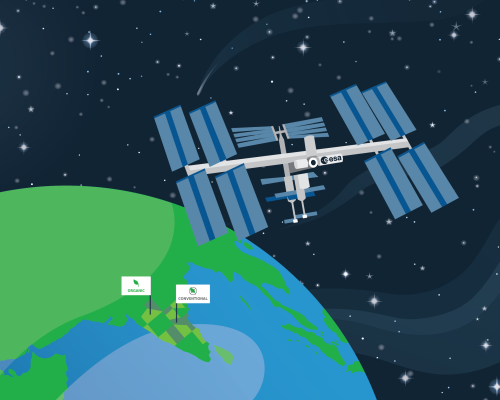
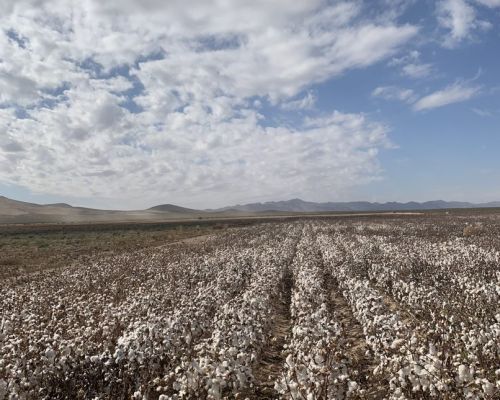
Promising Results
Marple's prior pilot study in Uzbekistan yielded remarkable results, with their AI achieving a 98% accuracy rate in distinguishing between organic and conventional cotton fields. Building on this success, the collaboration between GOTS and Marple, with the support of ESA, aims to enhance the AI's capabilities. This advancement has the potential to significantly bolster the integrity and traceability of organic cotton.
Impact Beyond Certification
The impact of this project extends beyond the identification of certified organic cotton fields. It is expected to accurately identify fields that, while not yet certified, exhibit the potential for a seamless transition to organic cultivation due to their adherence to traditional and ecologically friendly farming practices. Identifying these areas could lead to new economic opportunities for small-scale farmers and their communities, and help grow the industry, which is already unable to meet the growing consumer demand for organic cotton.
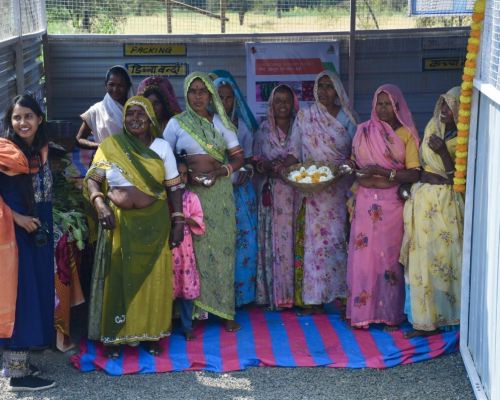
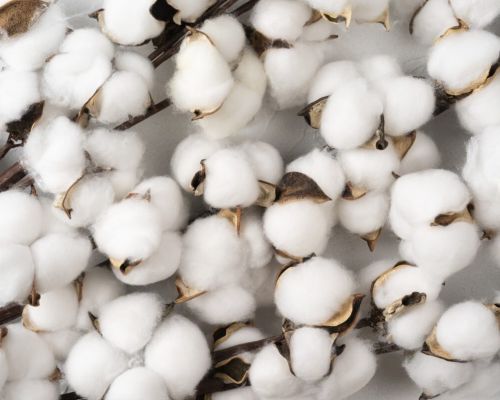
The collaboration between GOTS, ESA, and Marple represents a pivotal moment in the organic cotton industry. By harnessing the potential of remote satellite monitoring and artificial intelligence, this project is set to elevate the integrity and development of organic cotton cultivation. It embodies GOTS' commitment to continuous improvement and innovation in serving the sustainable textile sector. As Jeffrey Thimm from GOTS succinctly puts it, "Technologies like this will be a game changer regarding the integrity and promotion opportunities of organic cotton."

